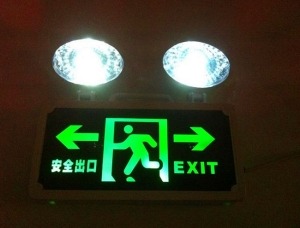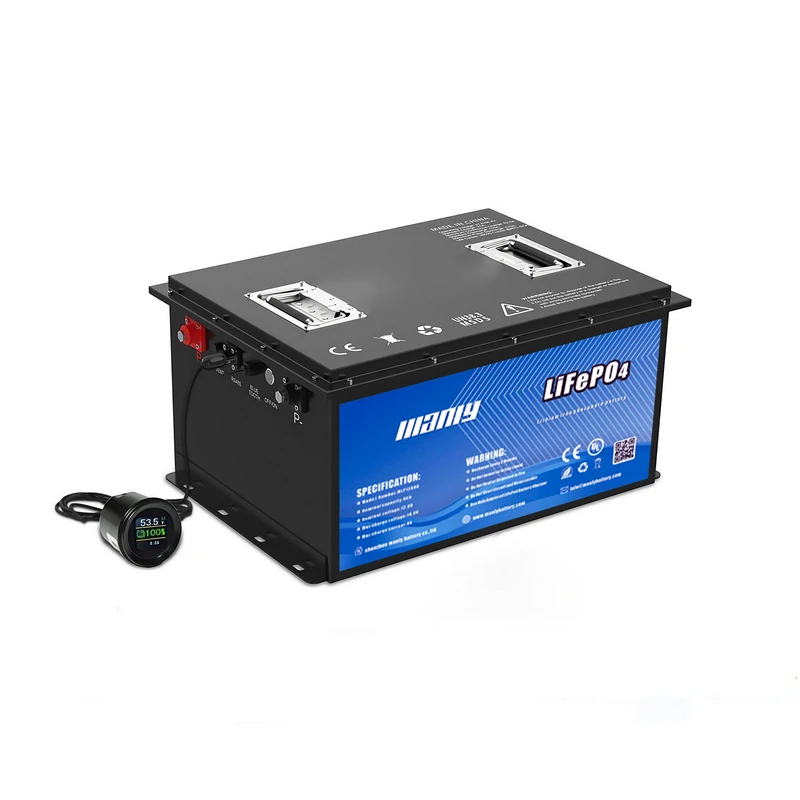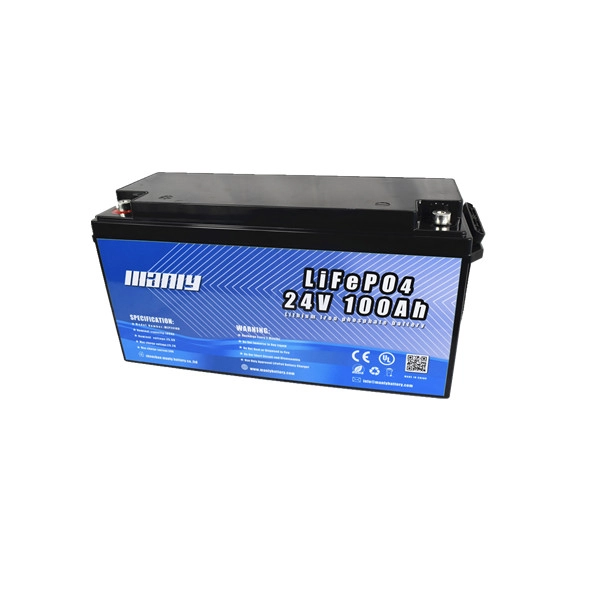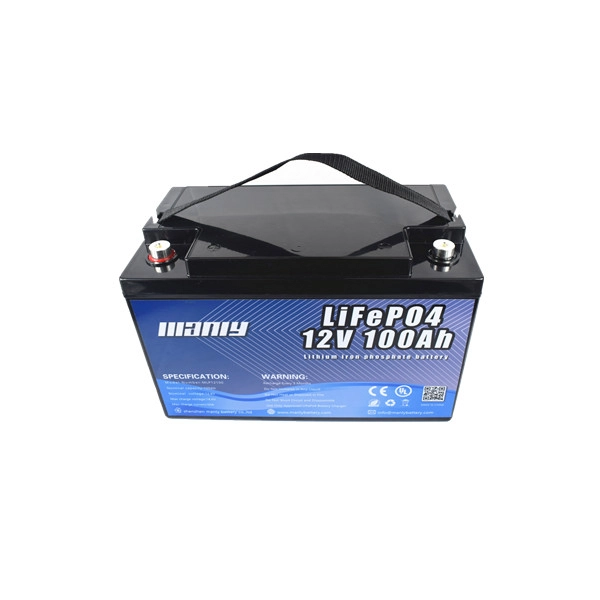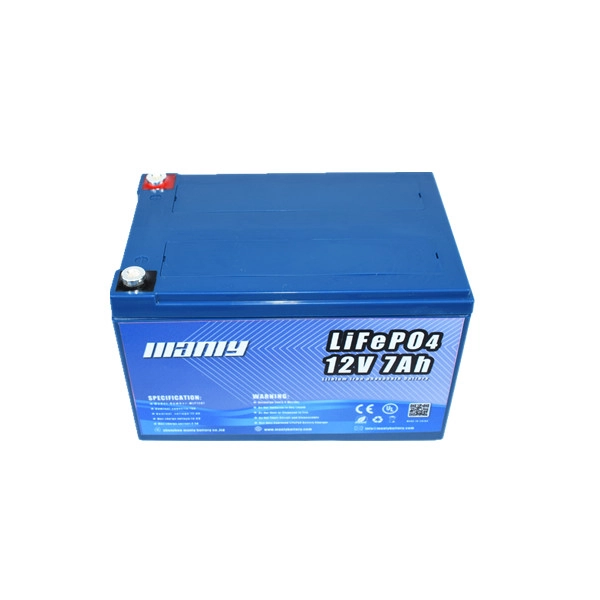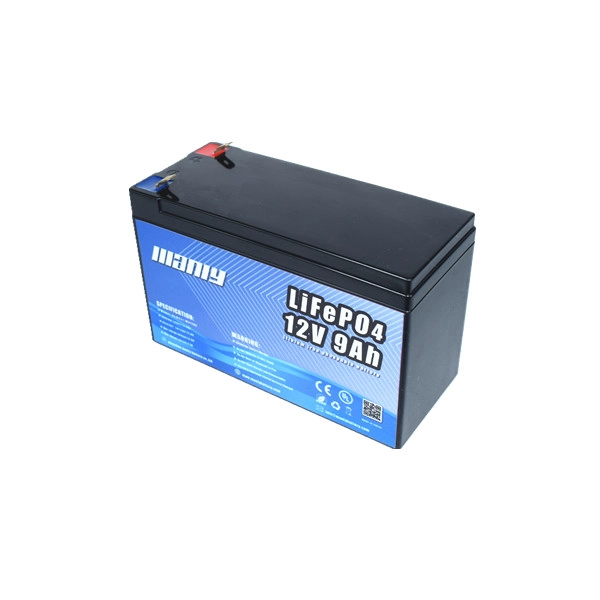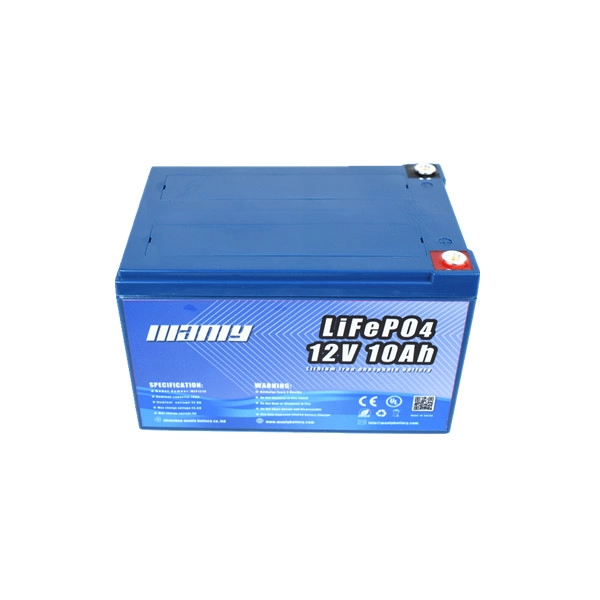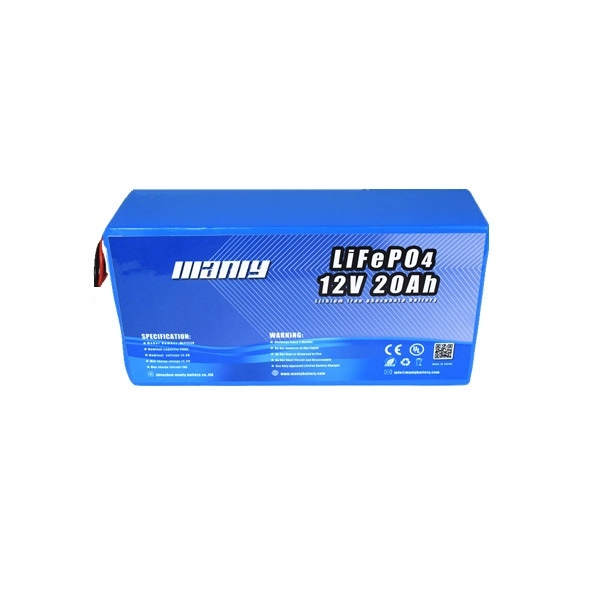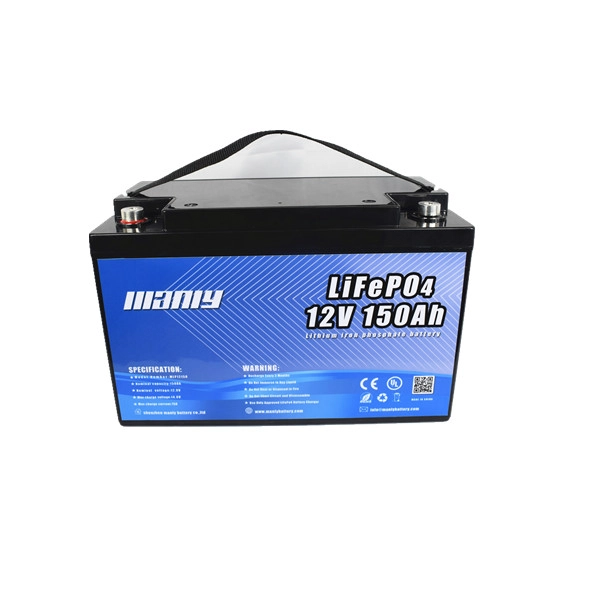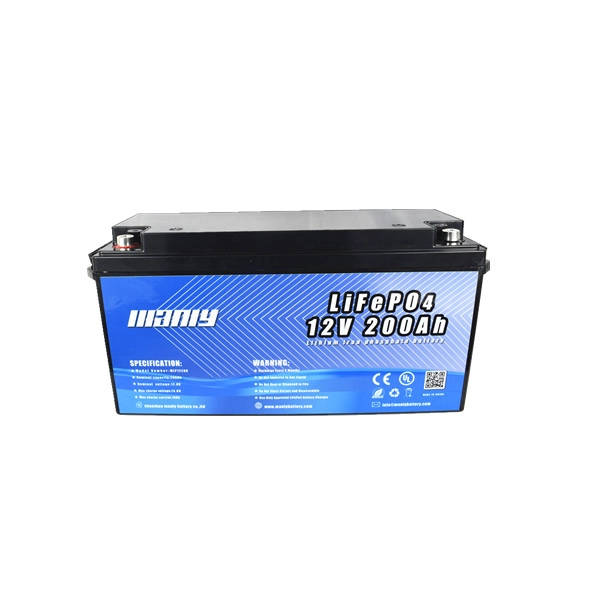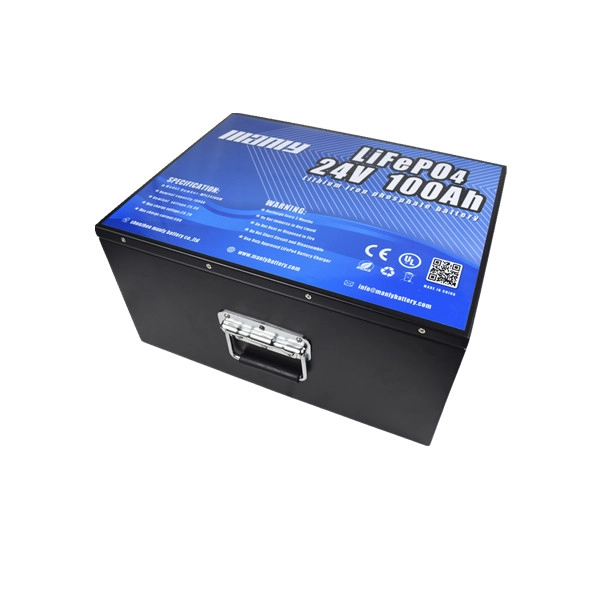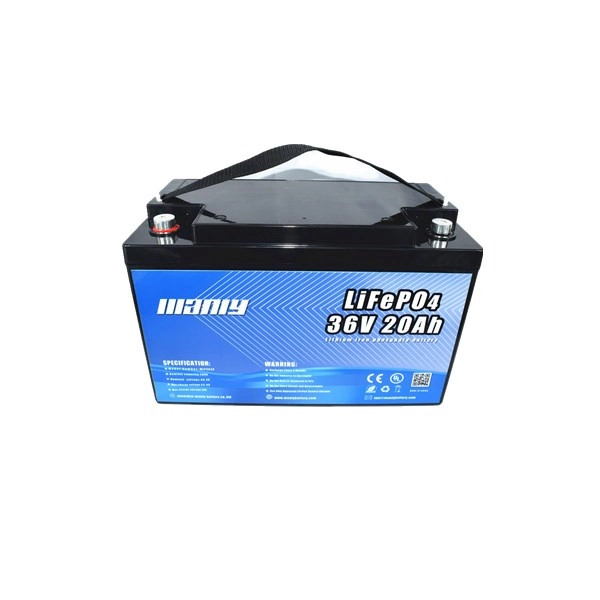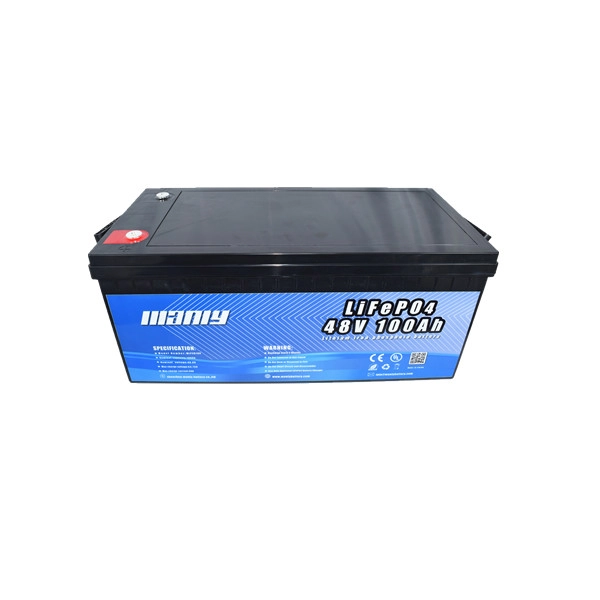2025 When Should I Replace My Forklift Battery?
Table of Contents
- 2025 When Should I Replace My Forklift Battery?
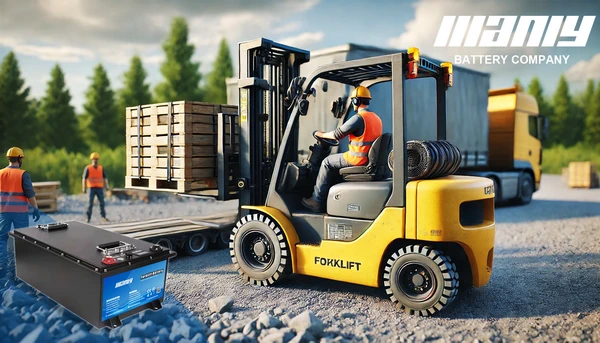
What Are the Signs That You Need Forklift Battery Replacement?
Recognizing the signs of a failing forklift battery is essential for maintaining operational efficiency and safety. Below are detailed indicators that signal when it’s time for a forklift battery replacement, supported by scientific data and measurable benchmarks.Forklift Battery Replacement Signs and Thresholds Table
| Signs | Indicator | Action Required |
|---|---|---|
| Decreased Performance | Runtime reduced to 60-70% of original capacity (e.g., from 8 hours to 5). | Consider replacement. |
| Physical Damage or Corrosion | Cracks, bulges, or acid leaks visible on the casing; corrosion on terminals. | Replace immediately if damage persists. |
| Difficulty Holding a Charge | Charging efficiency drops by 20-30%, requiring longer charging times. | Inspect for sulfation or replace. |
| Reduced Power Output | Power output drops by 30% or more, leading to sluggish performance. | Evaluate battery health; replace if needed. |
| Acid Leaks | Acid leakage present or casing severely damaged. | Replace immediately for safety. |
| Frequent Charging Needed | Charging required every 4 hours instead of the usual 8. | Replace due to diminished capacity. |
| Corrosion Around Terminals | Recurrent or severe corrosion affecting charging and performance. | Clean; replace if issue persists. |
What Risks Are Associated with Using a Damaged Forklift Battery?
Operating a forklift with a damaged battery poses serious safety and operational risks. It can lead to inefficient operations, equipment failures, and even workplace accidents.Safety Hazards Damaged batteries, especially lead-acid ones, can leak corrosive chemicals, releasing hydrogen gas that may cause fires or explosions. This poses a significant risk to operators and the surrounding environment.Reduced Operational Efficiency A failing battery reduces forklift power, leading to slower performance and increased downtime. Frequent interruptions can affect productivity and raise maintenance costs.Environmental Concerns Improper disposal of damaged batteries can result in hazardous waste issues. It is essential to recycle old batteries through certified programs to minimize environmental impact.How Can You Extend the Lifespan of Forklift Batteries?
Proper maintenance can significantly prolong the life of your forklift battery, reducing the need for frequent replacements.Regular Cleaning and Maintenance Clean battery terminals regularly to prevent corrosion. Use appropriate PPE when handling chemicals or cleaning solutions. Keeping the battery free from dirt and grime helps maintain optimal performance.Charging Best Practices Avoid overcharging or undercharging the battery. Implement a consistent charging schedule and use high-quality chargers designed for your battery type. Periodic equalization charging can help reduce sulfation and improve longevity.Monitoring Water Levels For lead-acid batteries, regularly check and refill water levels with distilled water to ensure proper operation. Low water levels can lead to overheating and irreversible damage.
Can Lithium Forklift Batteries Replace Lead-Acid Batteries?
Yes, lithium forklift batteries are an excellent alternative to traditional lead-acid batteries. They offer numerous advantages, including longer lifespans, faster charging times, and reduced maintenance needs.Advantages of Lithium Battery Replacement Lithium batteries are lighter, more energy-efficient, and capable of providing consistent power output. They also require minimal upkeep compared to lead-acid batteries.Compatibility Considerations Ensure that your forklift is compatible with lithium forklift batteries before making the switch. Consult with manufacturers or battery specialists to determine the best options for your equipment.Cost vs. Long-Term Savings While lithium battery replacement may have a higher upfront cost, the extended lifespan and reduced maintenance needs often result in long-term savings.Conclusion
Replacing your forklift battery at the right time ensures operational efficiency, safety, and cost-effectiveness. Whether you opt for a traditional lead-acid battery or upgrade to lithium forklift batteries, monitoring your battery’s health and following best practices will maximize its lifespan and minimize downtime.FAQ
1. How long does a forklift battery last?
A forklift battery typically lasts about 5 years or 1,500 charge cycles with proper maintenance. Factors such as usage frequency, charging practices, and environmental conditions can impact its lifespan. Regular maintenance and monitoring can help maximize its longevity.2. How do I know if my forklift battery is bad?
You can identify a bad forklift battery by these signs:- Shortened runtime: Operating time reduces to less than 60-70% of its original capacity.
- Frequent charging: Requires charging more frequently than every 8 hours of operation.
- Physical damage or leaks: Cracks, bulges, or acid leaks on the casing.
- Corrosion: Persistent buildup around terminals affecting performance.
- Reduced power output: Struggles to lift loads or slower forklift performance.

